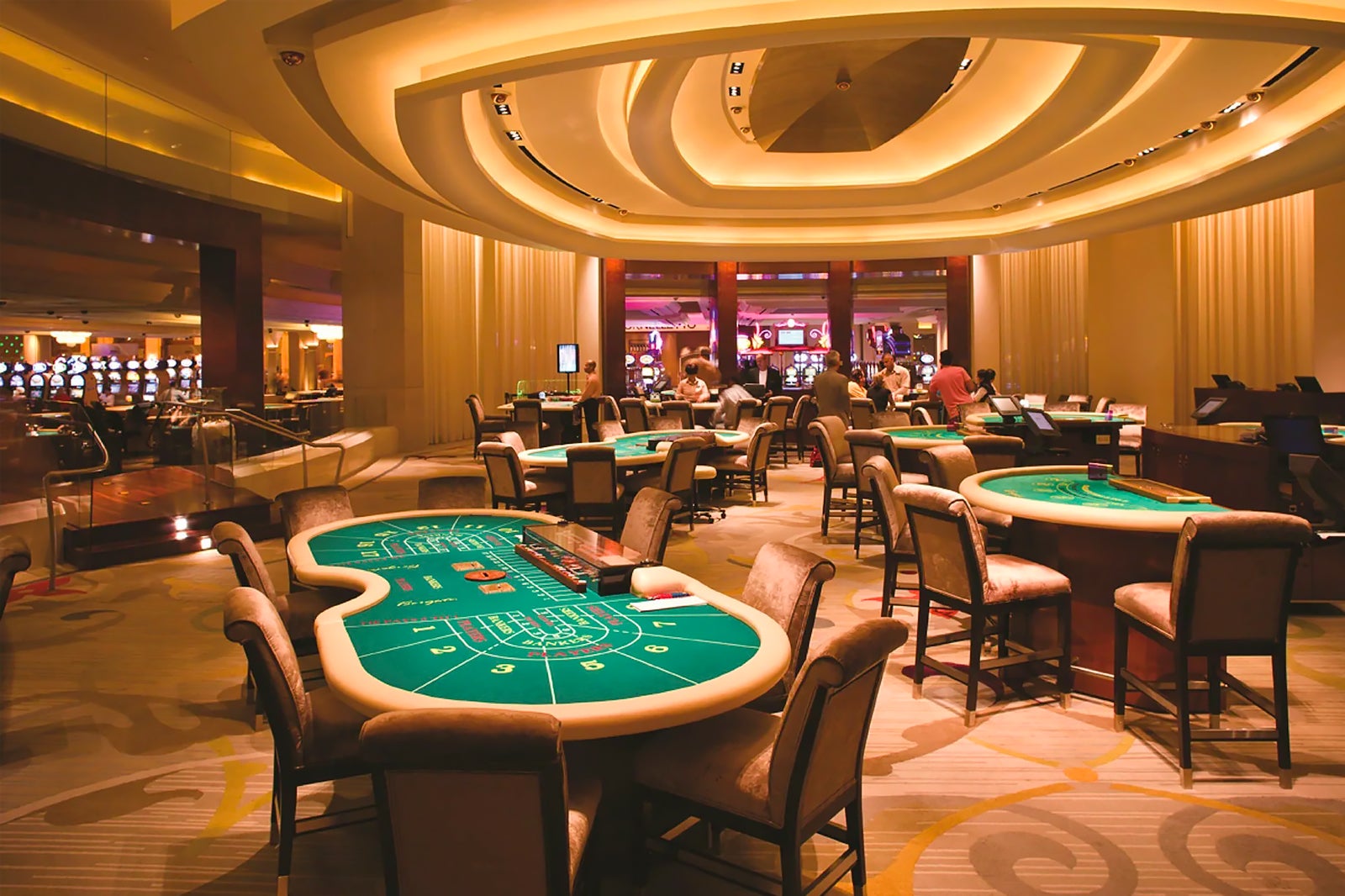
Gambling has been an integral part of human entertainment for millions of years, transforming through societies and eras to become the vibrant casino activities we know today. From the ancient Chinese and Romans, who engaged in multiple forms of gambling and chance, to the modern gaming floors of today’s casinos, the attraction of gamble and reward has enchanted individuals across the globe. The change from basic dice games and primitive betting setups to the lavish environments of contemporary casinos reflects significant strides in both cultural standards and technological advancements.
As cultures evolved, so too did the complexity of gambling activities, with casino games emerging as a distinct category of leisure and excitement. These games have changed from casual gatherings centered around traditional tables to grand, opulent establishments designed to attract players. Today, we investigate this captivating journey, examining how traditional practices laid the groundwork for the diverse and thrilling casino games that bring joy to millions worldwide.
spintax
Early Betting Traditions
Wagering has deep roots in human past, with proof of activities of chance tracing back to ancient societies. Archaeologists have found that as far back as 3000 BC, the Chinese were using rudimentary forms of gambling with dice made from wood. Similarly, ancient cultures of Mesopotamia engaged in betting activities, often relying on the casting of lots or dice to determine results. These early forms of gambling served not only as amusement but also played crucial roles in social and cultural practices.
The Egyptians also participated in betting activities, with games that included betting on the results of various occurrences, including athletic events and spiritual festivals. Artifacts such as dice and depictions of players from ancient tombs show that gambling was a common pastime. It provided both relaxation and a means of engaging in social connections, often linked to joyful occasions or significant gatherings. This behavior showed the universal appeal of chance and competition throughout history.
In ancient Rome, wagering became a prevalent practice among the people, as reflected by references in texts and the establishment of guidelines around certain activities. Romans enjoyed a variety of betting activities, from betting on horse races to playing games akin to modern-day board games. The legal structure surrounding these activities began to take shape, establishing the foundations for betting regulations that would develop in the centuries to come. The fame of gambling during this period set the stage for the development of gambling house games in the future.
The Progression of Casino Games
Gambling games have experienced significant transformations from their roots to the contemporary entertainment options. In historical civilizations, gaming was frequently linked to ceremonial practices, with games of dice found in Mesopotamia and wagering on the outcomes of events in classical Rome. These initial forms of gambling laid the foundation for the structured games we see today. The shift from informal gambling to organized games happened as societies began forming rules and venues for wagering, demonstrating cultural values and practices.
The medieval period saw the rise of card games, which gained popularity among the nobility of Europe nobility. Games like first and the game baccarat became essential components in social gatherings. The invention of printing technology additionally aided the spread of playing cards, making them more accessible to the common people. As gambling houses began to increase, these card games developed into different forms that catered to wider audiences, eventually leading to the establishment of casinos as dedicated venues for gaming.
The 20th century marked a significant point in the development of casino games, with the growth of commercial casinos in Vegas and other gambling hotspots. This era brought forth games like slot machines and modern variations of table games, complete with sophisticated graphics and intricate betting structures. J88 đăng nhập The arrival of online casinos in the late 1990s further revolutionized the gaming industry, allowing players to access a vast array of casino games from the comfort of their homes. Today, casino games go on to develop, blending classic elements with state-of-the-art technology to create immersive experiences for players globally.
Contemporary Gaming Regulations
In recent years, the landscape of gambling regulations has evolved substantially, particularly as tech advances and online gambling have become more prevalent. Governments around the globe have enacted various laws and standards to make certain that gaming activities are carried out justly, with responsibility, and transparently. These regulations often encompass elements such as licensing, advertising, player protection, and responsible gambling measures. Authorities aim to mitigate issues such as gambling addiction and cheating while supporting a fair gambling environment.
The growth of internet gambling sites has required a new approach to regulation. Many legal areas have set up dedicated online gambling structures that serve internet-based gambling, allowing operators to offer their offerings legally. These frameworks often demand operators to secure licenses, follow strict security protocols, and offer customer support options to assist players. By vigilantly supervising internet activities, regulators can more effectively protect consumers from potential harm and ensure that gambling is conducted in a secure manner.
Furthermore, contemporary gaming regulations are progressively concentrating on sensible gambling strategies. Many casinos and online platforms now adopt features such as self-exclusion, deposit limits, and breaks to help players manage their gambling habits. Awareness campaigns aimed at educating about the dangers of gambling are also widespread. As the sector continues to grow, the emphasis on sensible gambling remains a fundamental principle of regulatory efforts, reflecting a commitment to promoting a secure and pleasant gaming experience for all gamblers.